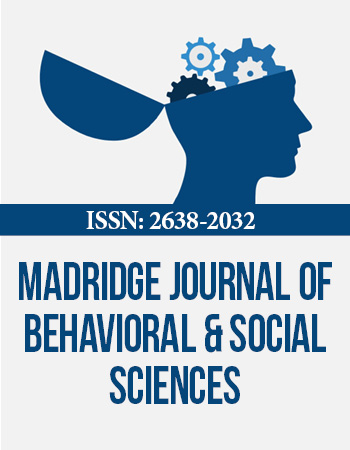International Conference on Alzheimerʼs Disease & Associated Disorders
May 7-9, 2018 Rome, Italy
Why Physical Exercise is the Best Way to Rejuvenate Ageing Brains?
Hong Kong Polytechnic University, Hong Kong
With the rapid increase in the ageing population worldwide, tackling brain ageing is one of the most challenging contemporary health issues. Despite the huge long-term investment in the search for drugs that can delay or prevent aging-associated cognitive decline, the currently available pharmaceutical treatments are only modestly effective. The human brain possesses remarkable neuroplasticity (which refers to the brainʼs ability to reorganize its structure and function in response to environmental stimulation), even later in life. Physical exercise is known to be the best medicine to improve brain health throughout an individualʼs lifespan. Higher levels of physical activity are associated with better brain function, such as improved cognition learning and memory performance, especially in aged brains, suggesting physical exercise could be a non-pharmacological intervention for boosting capability of brain plasticity. In this talk, I will highlight the beneficial effects of physical exercise on promoting neuroplasticity in the hippocampus, a brain important for learning and memory and emotion regulation. I will also introduce the latest discoveries in animal research reporting the biological basis in which physical exercise influences hippocampal function, which is linked to cognitive and neuropsychiatric disorders, such as depression.
Biography:
Dr. Sonata Yau obtained her Bachelor degree in Biochemistry from the Hong Kong University of Science and Technology in 2005, followed by a PhD in neuroscience in Department ofAnatomy at the University of Hong Kong in 2009. She was awarded with several postdoctoral fellowships, research fellowships, conference travel awards and outstanding presentation awards. Before joining the Department of Rehabilitation Sciences, Hong Kong Polytechnic University, she worked as a postdoctoral fellow in the Division of Medical Sciences, University of Victoria, Canada. She is interested in studying the neural basis of pharmacological and non-pharmacological interventions that promote brain function in different disease animal models.


